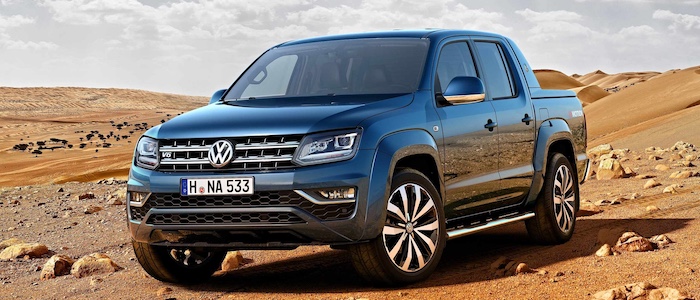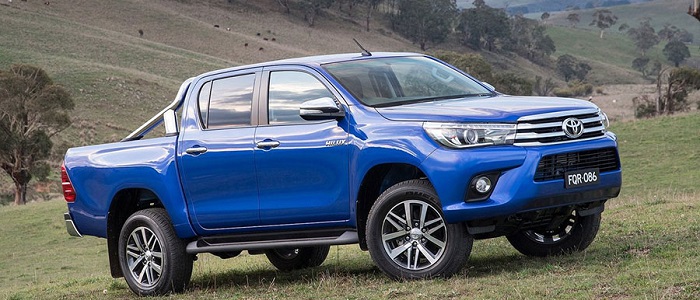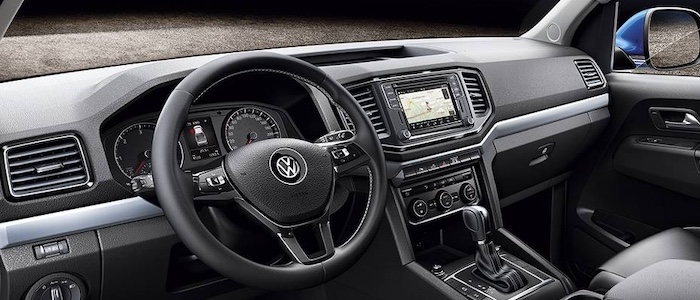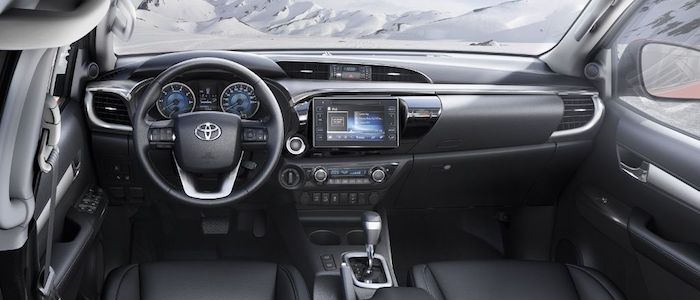Compare two cars
Compare any two cars and get our Virtual Adviser™ opinion
Dimensons & Outlines
Check vehicle history
Engine
3.0 TDI EA897evo 204
Performance (manual gearbox)
Performance (automatic gearbox)
Expenses
Virtual Adviser's™ opinion
Well, these are two pretty similar cars we have here! It's only details that could potentially make the difference. Considering they both belong to the suv segment and utilize the same 4-door truck body style and the 4 x 4 wheel drive system, it all comes up to the specific diesel engine choice they offer. The first one has a Audi-engineered powertrain under the hood, a 6-cylinder, 24-valves 204hp unit, while the other one gets its power and torque from a 4-cylinder, 16-valves 177hp engine designed by Toyota.
SafetyBoth vehicles got tested by European New Car Assessment Programme (Euro NCAP), with the Volkswagen being a slightly better choice apparently. Still, apart from the official crash test results there are other things we need to be aware of. Both vehicles belong to the suv segment, which is generally a very good thing safety-wise, but that fact doesn't break the tie between the two cars. Furthermore, taking kerb weight as an important factor into account, the German car offers a marginal difference of 4% more metal.
ReliabilityManufacturers have been building their reliability reputation for decades now and, generally speaking, it appears that Toyota does have a slight advantage, all the models observed together. These are the results of an independent reasearch, while our visitors describe reliability of Volkswagen with an average rating of 4.2, and models under the Toyota badge with 4.6 out of 5. Unfortunatelly, I don't have enough insight that would allow me to comment in more details on the specific models level. Above it all, drivers of cars with the same engine as the German car rank it on average as 3.0 out of 5, exactly the same as the other one.
Performance & Fuel economyVolkswagen is undoubtly more agile, reaching 100km/h in 1.5 seconds less than its competitor. Still, it lacks the power to win the top speed competition, topping at 178 kilometers per hour, 2km/h less than the other car. When it comes to fuel economy the winner has to be the Japanese car, averaging around 7.7 liters of fuel per 100 kilometers (37 mpg), in combined cycle. We can't ignore that 16% difference compared to the German car.
Verdict
Toyota appears just a bit more reliable, although the difference is truly marginal. The most important thing when deciding between any two vehicles should always be safety, both passive and active. In my opinion, everything taken into account, the German car offers much better overall protection, which launches it ahead of the other contender. It all continues in the same direction, with Volkswagen offering somewhat better performance, just enough to call it quicker. It does come at a cost though, and that's the fuel consumption... It's really tough to make a final decision here, but if I'd need to, I'd say Toyota. Nevertheless, let's not forget that people have different preferences and needs, so what really counts is your personal feel. I'm only here to help. In case you have two minutes to spare I invite you to define your needs, desires and budget and see which car would be chosen by the virtual adviser™, out of 12.000+ vehicles we currently have in our database.



































